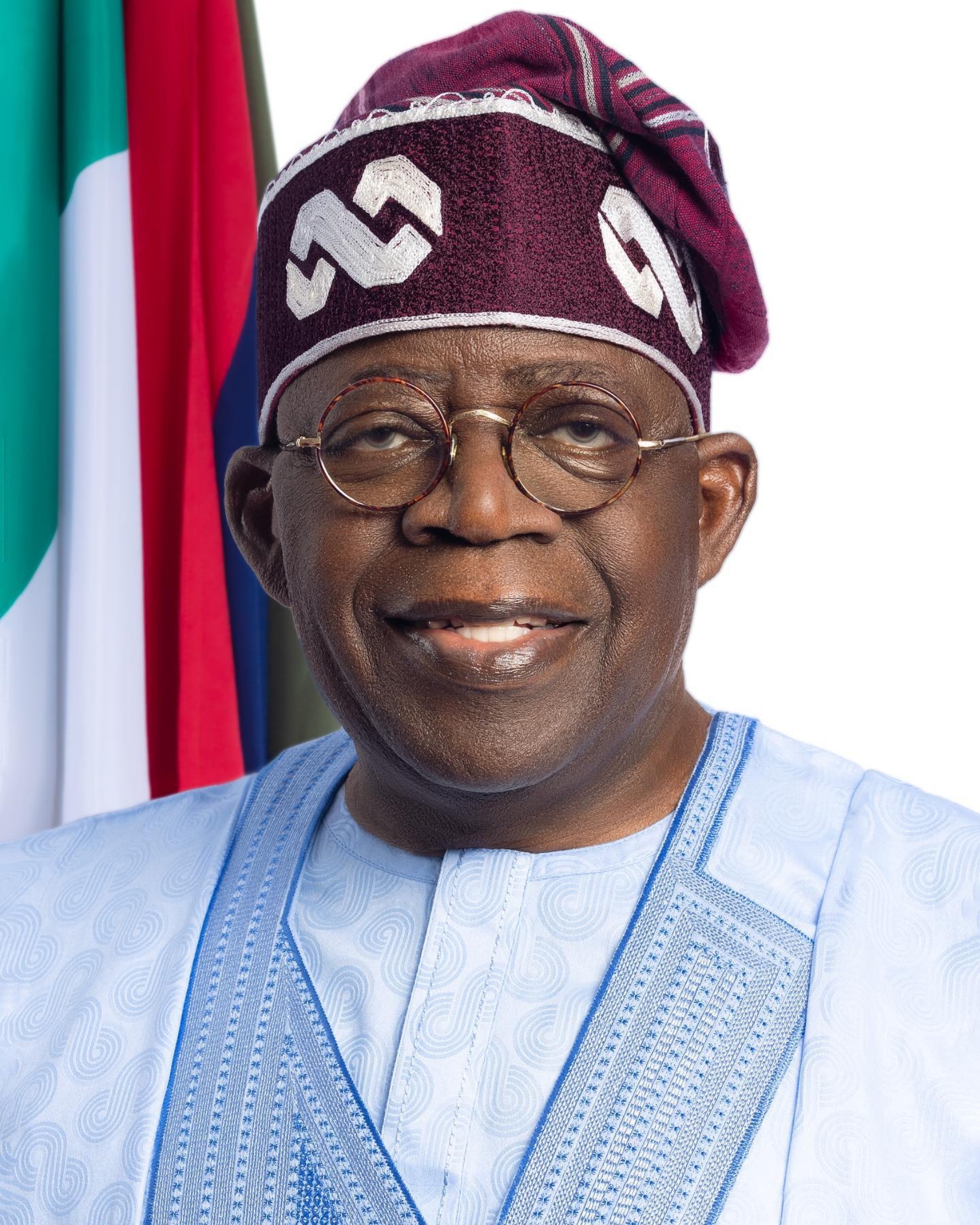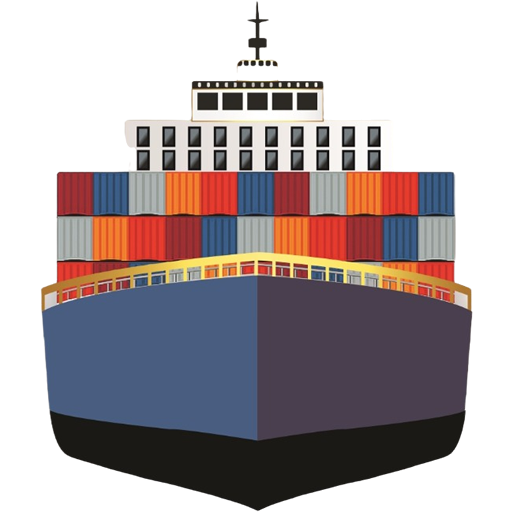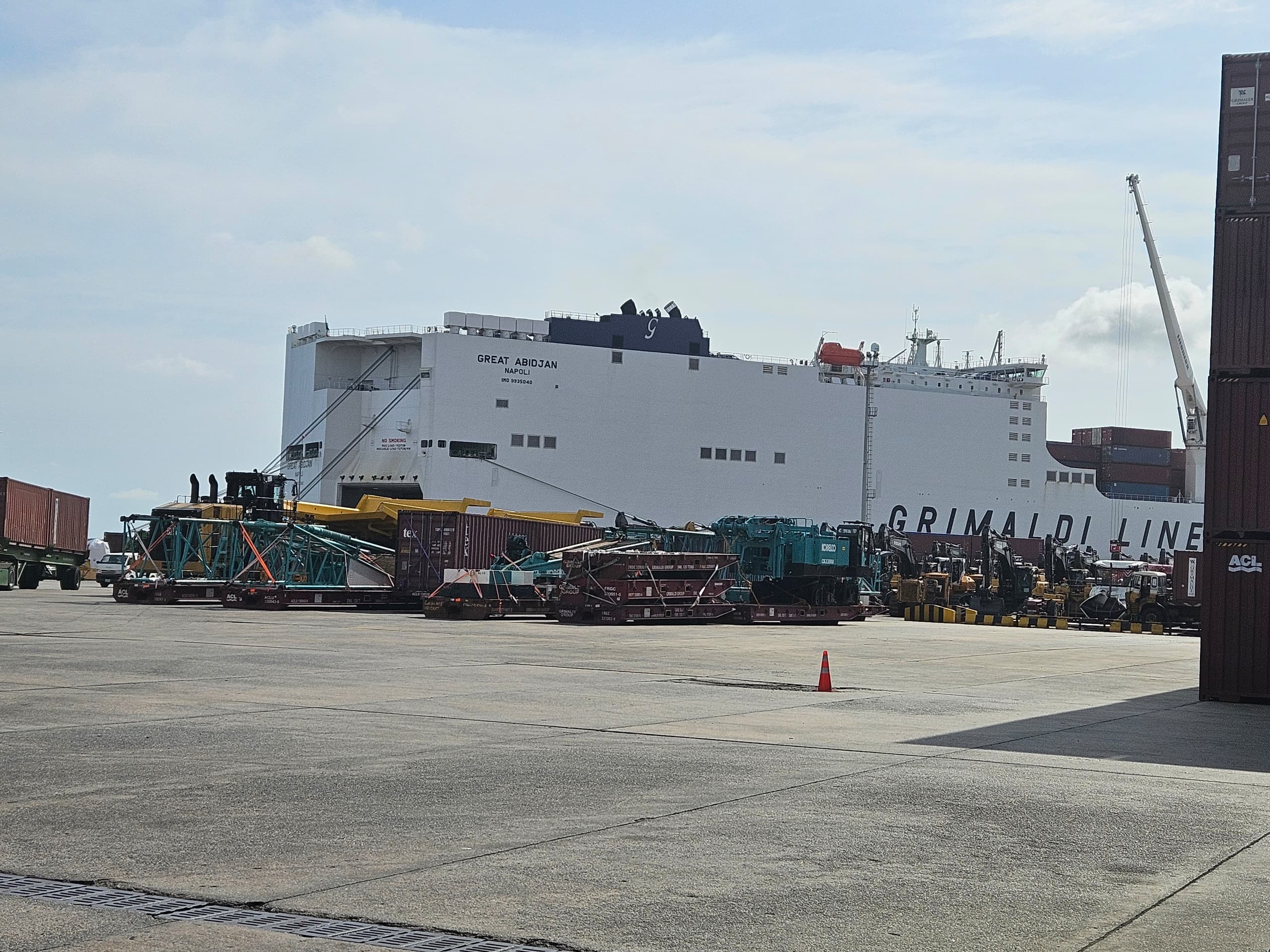
Nigeria’s Proposed Solar Panel Import Ban Sparks Concerns Among Renewable Energy Stakeholders
The Federal Government of Nigeria’s recent announcement to potentially ban the importation of solar panels has stirred significant debate within the renewable energy sector. This move, aimed at promoting local manufacturing and reducing reliance on foreign goods, has drawn sharp criticism from the Renewable Energy Association of Nigeria (REAN).
The proposed import ban is part of a broader strategy by the Nigerian government to bolster domestic industries and reduce the nation’s dependence on imported goods. Solar panels, widely used in Nigeria for off-grid electricity solutions, are primarily sourced from international markets, particularly China, the United States, and Europe.
However, REAN and other industry players have expressed concerns that Nigeria’s current manufacturing capacity is insufficient to meet the growing demand and world standard for solar panels.
According to industry reports, local production is limited by inadequate infrastructure, high production costs, and a lack of advanced technology. These challenges could lead to supply shortages, price hikes, and delays in renewable energy projects if imports are restricted.
REAN’s Position: A Call for Caution
REAN, a leading advocate for renewable energy adoption in Nigeria, has urged the government to reconsider the proposed ban. The association argues that an outright prohibition on solar panel imports could have unintended consequences, including:
Increased Costs for Consumers: Without access to affordable imported solar panels, the cost of solar energy systems could rise significantly, making renewable energy less accessible to households and businesses.
Project Disrupts: Many ongoing solar projects rely on imported panels to meet world standards and tight deadlines. A ban could disrupt supply chains, delaying critical initiatives aimed at addressing Nigeria’s energy deficit.
REAN has called for a phased approach, suggesting that the government incentivize local production through tax breaks, subsidies, and infrastructure development before imposing restrictions. This would allow manufacturers to build capacity while ensuring a steady supply of solar panels to meet market demand.
The proposed ban highlights the complexities and inconsistencies of Nigeria’s trade policies, particularly in the context of Nigerian imports and exports. Solar panels are among the many goods and cargos imported into Nigeria through major seaports in Tin-Can Apapa in Lagos.
The government’s push for local production must be balanced with the immediate need for affordable and accessible energy solutions. Industry experts recommend that the government engage stakeholders, including clearing agents, logistics companies, and renewable energy providers, to develop a comprehensive strategy. This could involve partnerships with international manufacturers to establish local assembly plants, reducing reliance on imports while maintaining access to high-quality components.
The Road Ahead
The debate over the solar panel import ban underscores the need for careful policymaking in Nigeria’s trade and energy sectors. While the goal of fostering local production is commendable, the government must address the concerns of stakeholders to avoid disrupting the renewable energy market. Collaboration between policymakers, manufacturers, and logistics partners will be essential to ensure a smooth transition.
For businesses navigating these changes, working with reliable logistics partners in Nigeria and experienced freight clearing and forwarding agents in clearcargonigeria is crucial.
These professionals can provide insights into evolving trade regulations and offer affordable cargo freight services worldwide to keep supply chains running smoothly.
Stay informed about the latest developments in Nigeria’s trade and logistics sectors by visiting our blog for more updates.


